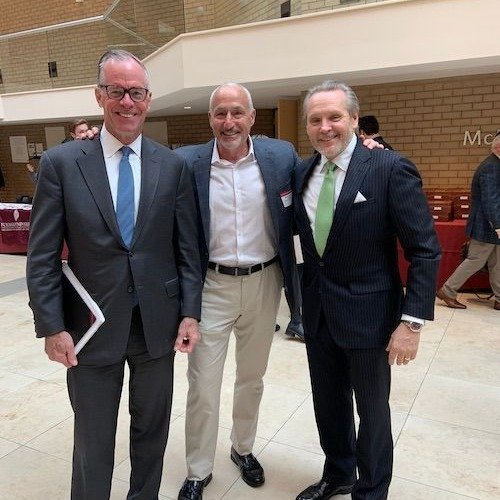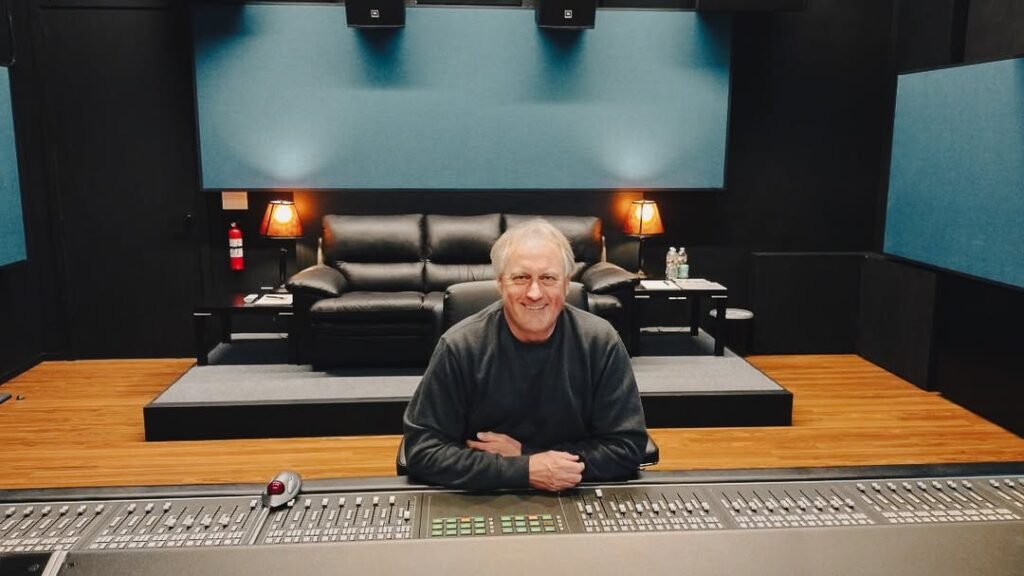Paul Massey’s name continues to captivate the nation, years after his assassination on the doorstep of his Salford home. Once hailed as Salford’s ‘Mr Big,’ Massey’s life—marked by notoriety, violence, and complex local loyalty—remains a focal point in the UK’s ongoing discussion about organised crime, the justice system, and the changing face of urban communities. As British interest in his story surges due to new documentaries, renewed investigations, and the enduring fascination with the criminal underworld, Massey’s legacy deserves a fresh, fact-based exploration rooted in the reality of modern Salford.
Early Life and Path to Infamy
Born in 1960 in Ordsall, Salford, Paul Massey grew up in a part of Greater Manchester long associated with economic hardship and an industrial past. His upbringing was turbulent, and Massey found himself on the wrong side of the law by the age of 12, when he was arrested for criminal damage. This early brush with authority set a pattern that would largely define his adult years.
In the decades that followed, Massey’s reputation grew—first as a doorman, then as a charismatic fixer with an increasing influence over the doors of nightclubs in Manchester. By the 1990s, local reports often described him not simply as a criminal, but as a mediator. He was known to negotiate between rival groups to prevent bloodshed on Salford’s streets, a role that earned him respect from some parts of the community and notoriety from others.
Criminal Career and the Shadow Economy
Throughout the 1990s and into the new millennium, Massey’s activities extended well beyond nightclub security. He operated several security firms, which, according to law enforcement, provided a veneer of legitimacy to activities ranging from money laundering to drug trafficking. His criminal career was punctuated by a prison sentence in 1999, when he was convicted of stabbing a man during a fight—receiving 14 years but serving just over half before his release.
In the eyes of many Salford residents, Massey occupied a grey zone: he was simultaneously feared, hated, and admired. To some, he was a peacekeeper who could be counted on when local tensions soared. To others, he was the very cause of the violence and gang wars that left a mark on the city’s image.
From Gangster to Would-Be Mayor
After his release, Massey made an unexpected shift into the local political arena by running for Salford mayor in 2012. He positioned himself as a voice for the disaffected and marginalised, critiquing authorities for failing to understand the city’s needs. Despite the notoriety, his campaign failed to gain serious traction, and he finished seventh out of ten candidates. Nonetheless, the episode reflected his complex standing within the community—neither fully embraced nor entirely rejected.

The Assassination and Its Aftermath
On the evening of 26 July 2015, Paul Massey was shot dead outside his Clifton home. The attack, carried out with military precision, shocked Salford and dominated national headlines. Massey was hit five times by a lone gunman wielding a weapon “similar to a sub-machine gun.” Greater Manchester Police described the killing as an execution and treated it as part of a wider feud between rival crime organisations.
The investigation was plagued by silence and fear, but in 2018, Mark Fellows was convicted of Massey’s murder, along with that of Massey’s close associate, John Kinsella. The use of encrypted communications and a Garmin fitness watch as evidence marked a turning point for British law enforcement in tackling organised crime with technology.
Sentencing Fellows, the judge called the killings executions, noting the devastating impact on the victims’ families and the Salford community. The conviction led to calls for increased focus on the digital tools used by modern organised crime outfits.
Salford’s Struggle with Violence
Massey’s murder was not an isolated event. It triggered a spate of shootings and violent incidents in Salford. Reports indicated that 2015 alone saw 19 shootings in the city, many believed to be linked to retaliation for Massey’s death. The escalation prompted official statements from Greater Manchester Police, who acknowledged the complexity of quelling organised crime networks that often inspired loyalty—and fear—from sections of the local population.
Public Perception: Villain, Victim, or Vigilante?
Paul Massey’s legacy remains divisive. Some residents recall his willingness to broker peace among warring gangs. Others cite his role in exacerbating the same conflicts. Hundreds lined the streets for his funeral, draped in Manchester United flags, underscoring his symbolic status as both a folk hero and a feared enforcer. His complex persona has spawned documentaries, podcasts, and books, all exploring the tangled reality of Salford’s criminal underworld. These accounts reflect a uniquely British story: one where community identity, civic mistrust, and the search for justice collide.
Changing Tactics: British Police and Organised Crime
Massey’s murder proved a catalyst for a shift in UK policing tactics. Analysing encrypted messages and technological evidence played a decisive role in the conviction of Mark Fellows, marking a move away from reliance on eyewitness testimony and informers. Law enforcement agencies continue to invest in digital crimefighting tools and community engagement programmes, seeking to prevent further bloodshed in Britain’s cities.
The Modern Salford
Nine years on from the killing, Salford is still rebuilding. The city has experienced continued efforts to break up organised crime and support safer neighbourhoods. Greater Manchester Police have stated the “men convicted under the three phases of Operation Leopard, were from both sides of the dispute but had something in common—violent, dangerous behaviour and disregard for the safety of the public”. Awareness campaigns, community outreach, and digital policing have all come to define the region’s response to its rough recent history.
Conclusion:
The story of Paul Massey is more than a cautionary tale of one man’s rise and fall. It is a window into the complex web of relationships that define Britain’s cities—where crime, community, and identity intersect. As Salford continues to evolve, the echoes of Massey’s life and death remind us that the struggle against organised crime demands vigilance, trust, and a willingness to face unwelcome truths. His legacy persists, casting a long shadow over both his community and the wider debate on law, order, and justice in the UK.
Read More: Tommy Fury’s Million-Dollar Rise: TV to Boxing

